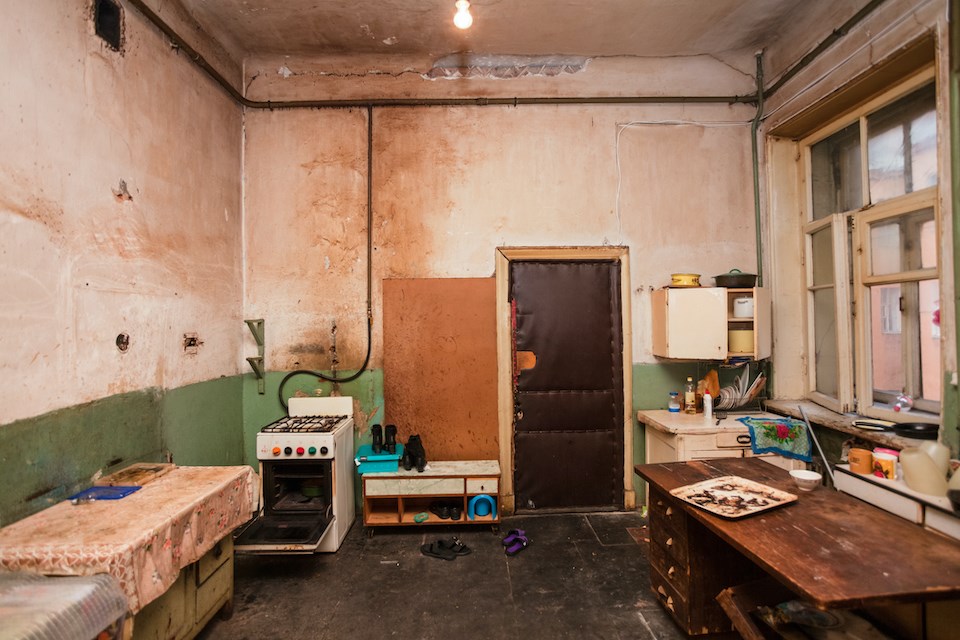Tenants must continue paying their rent, even if they're going through a dispute resolution process and are owed money from their landlord, according to a recent ruling from the Residential Tenancy Branch (RTB).
The RTB ordered two tenants to pay thousands in unpaid rent, despite them moving into a "dirty" rental unit with broken appliances; the landlord also did not complete a move-in inspection report.
The tenancy commenced on June 9, 2023, with a rent of $3,500 due on the first of each month, and included a security deposit of $1,750. However, the tenants only paid $410.00 in August 2023 and did not pay rent for that September or October.
Tenants withheld rent due to utility payment dispute
The tenants were responsible for paying utilities and withheld most of August's rent because of a dispute over their costs. The landlord required the tenants to contract with BC Hydro for the entire residential property, despite the rental property's basement suite being under a separate tenancy agreement with other tenants.
Evidence showed that the tenants withheld $3,090 in August 2023 ($3,000 for security, $50 for "the exhaust net,” and $40 for the basement tenant’s 40 per cent share of electricity charges).
The tenants said they withheld September and October's rent because they were waiting for the BC Tenancy hearing. They did not supply BC Hydro bills but provided a copy of an August 2023 text message informing the landlord of the withholdings.
The tenants also said the unit was "very dirty" when they first moved in and the landlord ignored their requests for various repairs, including the dishwasher, toilet seat, clogged sinks and the kitchen’s “leaking” oven exhaust. They provided an email they sent to the landlord requesting reimbursement of $300 used to hire a professional cleaner. However, they did not provide invoices.
The renters also testified that the landlord didn't deal with pest issues, including bees that regularly entered the unit and stung one of them. Additionally, they said the landlord expected them to clean up after dogs in the backyard that weren't their own. They also said they had to pay an electrician to fix power outlets that stopped working in the summer. When they informed the landlord about the issue, they alleged that they were told they shouldn't have moved into a unit with issues.
Several pieces of evidence were submitted showing electricity issues, including estimates for work on the outlets, videos and pictures.
The Landlord’s agent, identified in hearing documents with the initials M.M., said the landlord “addressed the situation with the locks, the dishwasher and the toilet” without providing further details.
B.C. tenants did not have the right to withhold rent, despite the poor condition of the rental unit
The Residential Tenancy Board ruled that the tenants in this case did not have a valid reason to withhold rent in August, September, and October 2023. Instead, they should have applied "an order of compliance as well as an order for damages."
A move-in inspection wasn't completed at the start of the tenancy, breaching section 23 of the Residential Tenancy Act (RTA). However, this does not entitle the tenant to withhold rent, the board stated.
Under Section 46 of the RTA, a landlord is entitled to issue a 10-day notice to End a Tenancy if rent remains unpaid after its due date.
The landlord was entitled to an Order of Possession and a monetary order of $10,090 in unpaid rent. They retained the $1,750 security deposit, with accrued interest of $11.50.
The landlord was ordered to pay for some of the rental unit's poor condition. The RTB ordered them to pay $280 of the requested $300, which was subtracted from the cost of the rent owed to the tenants.
The RTB also accepted the tenant's testimony that the dishwasher and toilet were broken from the start of the tenancy and that requests to fix these issues were largely ignored. However, it didn't find evidence that the tenants spent money fixing either issue. Instead, the loss of use of these appliances was valued at $30 a month for five months, totalling $150 to the renters. The tenants were also awarded $320 for the expense they paid to fix the electrical outlets.
No evidence was found to support the evidence of pests in the unit and the tenants were not awarded any money for that portion of the claim.
The tenants were awarded a total of $750.
The RTB granted the landlord an order of possession without leave for the tenants to reapply. They were also granted the unpaid rent ($10,090) minus the damages awarded to the tenants ($750) for a total of $9,340. The landlord had also retained interest and the security deposit, which were subtracted from the total owing ($9,340 - $1,761.50 = $7,579.50).
The landlord was also awarded the $100 filing fee since the case was mostly successful. The tenants were ordered to pay the landlord a total of $7,679.50.



